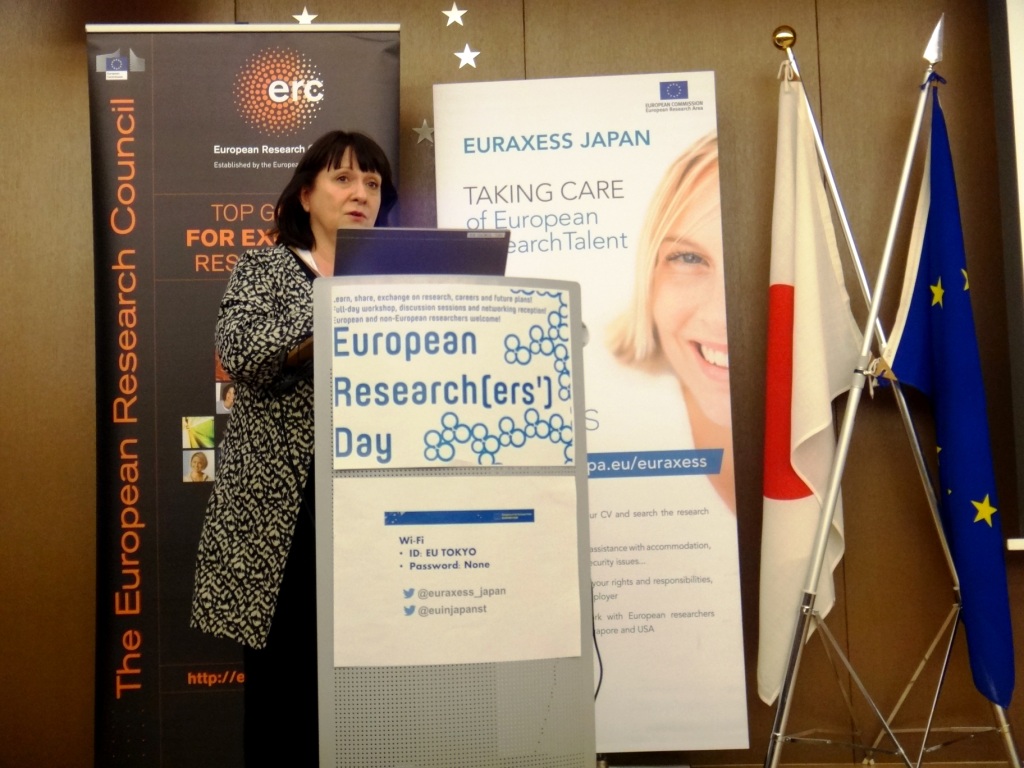LUJ Humanities Professor Invited to Write Foreword for Major Publication
Jörg Rüpke, a renowned professor of religion, released Pantheon: A New History of Roman Religion in 2016. First published in Rüpke’s native German, the book was picked up by Princeton University Press and an English-language version of Pantheon was released in February 2018.
Now, in March 2024, a Japanese edition has been released by the University of Tokyo Press, and Dr. Iskra Gencheva-Mikami (イスクラ・ゲンチェヴァ・ミカミ), Professor of Humanities here at Lakeland University Japan, was invited by the University of Tokyo Press to write the foreword for the Japanese edition.
Dr. Gencheva-Mikami originally wrote the foreword in English, and it was soon after translated into Japanese by Professor Matsumura, one of the two main editors who worked on Pantheon.
LUJ alumna Kozue Sasamoto, (’15, A.A.) translated half of the chapters in Pantheon from English into Japanese. Her interest in academic text translation began with her participation in the Vox Humana volunteer project organized at LUJ by Dr. Gencheva-Mikami. Ms. Sasamoto later earned her bachelor’s degree from the University of Toronto and a master’s from the University of Tokyo.
In her foreword for Pantheon, Dr. Gencheva-Mikami highlights Professor Rüpke’s incisive focus on the individual and lived religion, particularly in Chapter VIII, a chapter “of utmost importance” for scholars to read.
As Dr. Gencheva-Mikami writes: “The concept of lived religion is not new. However, it has only recently been applied to the study of ancient religions. In Pantheon, the methodological approach establishes a dialogue with the historical past by bringing the latter back to life. But, how to make the religions of the historical past speak to us? The answer provided in Chapter VIII is clear: it is achievable through reconstructing the relationship of the individuals with the world.”
Rüpke, as Dr. Gencheva-Mikami highlights in her foreword, believes the focal point of ancient history has dwelled far too long on those at the top—emperors and their advisors, for example—and not enough on the “home and family” of everyday Roman citizens living day-to-day. What was their reality, and how can we learn from what they endured and connect it to our own 21st century ways?
Rüpke’s book offers many connections. “…by entering the Pantheon,” Dr. Gencheva-Mikami writes, “Japanese readers are able to embark on an exciting journey along a new, unexplored “Silk Road.” This road connects also Japanese religions with those of the Mediterranean world, and allows scholars to explore an area of academic research that has heretofore been undeservedly neglected."
